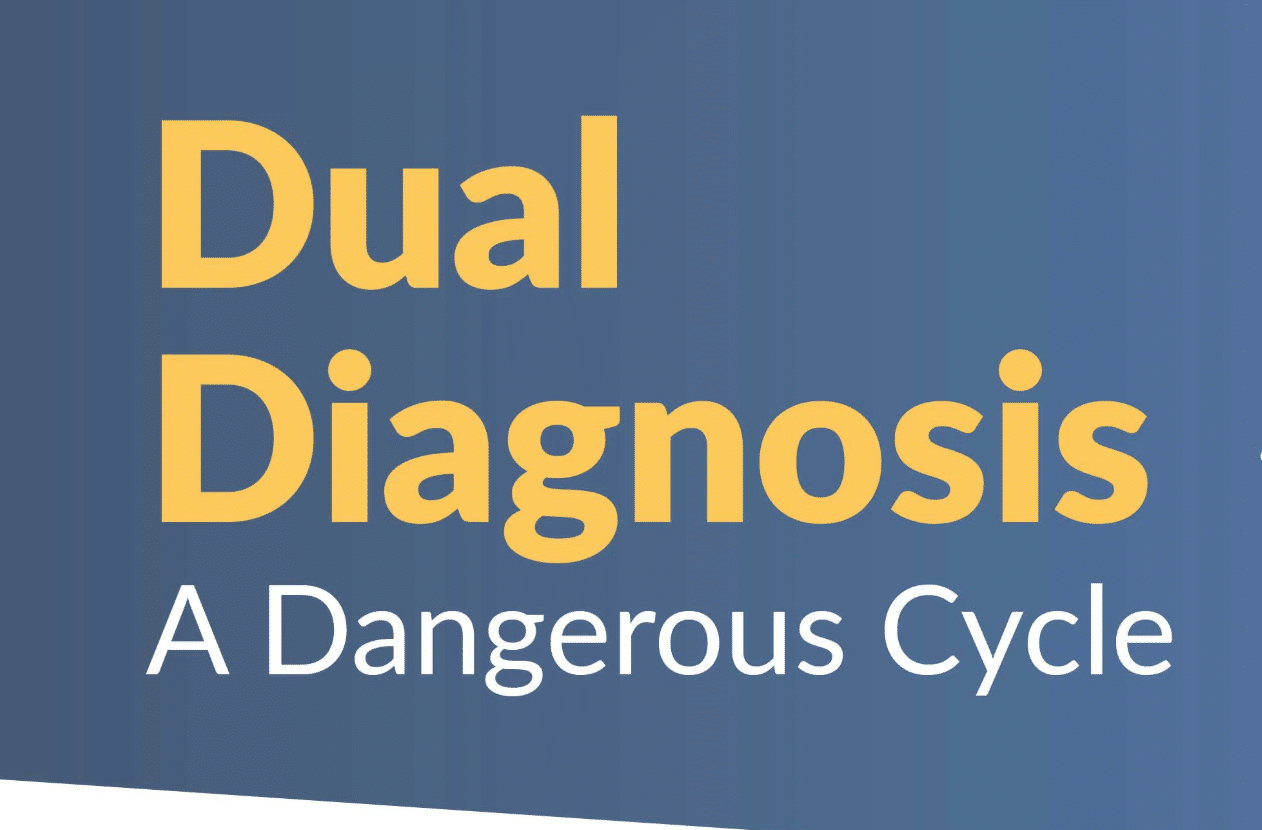
What is Dual Diagnosis?
Dual diagnosis affects millions of people in the U.S. every year. One study found that one in every four individuals with a serious mental illness also suffers from dual diagnosis. What is a dual diagnosis, and how does it relate to drug and alcohol addiction?
A dual diagnosis, or a co-occurring disorder, is when someone struggles with mental health issues and a substance abuse disorder. Their addiction and mental health issues typically influence each other and create a dangerous feedback loop that can be difficult to recover from.
Some people with dual diagnosis disorder initially have a mental health disorder. They end up addicted to drugs or alcohol because they give them pleasure or dull the pain from their illness. They self-medicate without understanding the underlying source of their pain. Other people develop mental illnesses after they start abusing substances. Some substances disrupt the brain’s development and healthy functioning, leading to a mental health disorder.

About 7.9 million men and women in the U.S. suffer from dual diagnosis disorder.
To heal completely from dual diagnosis, patients need a comprehensive treatment that targets both their mental health issues and substance abuse. More than 55 percent of people with a dual diagnosis disorder do not receive proper treatment. They might go to a rehab center or participate in another program and have some success, but they will be more likely to relapse without adequate dual diagnosis treatment.
Many rehab centers don’t know what dual diagnosis is or don’t have the resources or professional staff necessary to help their patients heal from their mental health disorder. When choosing a rehab or treatment center, it’s critical to find one that emphasizes both pieces of the puzzle.
What are Mental Health Issues Common for Dual Diagnosis?
Some mental health issues are more likely to lead to substance abuse. The most common mental health disorders that can lead to dual diagnosis disorder include:
- Depression
- Anxiety
- Post-traumatic Stress Disorder
- Bipolar Disorder
- Schizophrenia
- Personality Disorders
- Eating Disorders
- Sex Addiction
What Are the Warning Signs of Dual Diagnosis?
The warning signs of dual diagnosis are similar to those of substance abuse, and they include:
- Avoiding friends and family
- Stopping activities or habits that they used to enjoy
- Drastic changes in weight
- Engaging in risky behaviors
- Sudden mood changes
- Changes in sleep patterns
- No control over their substance use
- Thoughts of suicide
Some of these warning signs might be easier to spot than others. It can be difficult to know if your loved one suffers from a dual diagnosis when you don’t fully know what dual diagnosis means. If you have any questions about specific behaviors, you can reach out to a professional for guidance on how to help the person get help.
Although these behaviors can be scary and dangerous for the person suffering and others, there is hope for recovery. Those with dual diagnosis disorder who attend a proper dual diagnosis treatment program can heal completely and regain control of their lives.
If you or a loved one suffer from a dual diagnosis disorder, it’s important to seek proper, holistic treatment. Learn more about dual diagnosis treatment in the article “Effective Treatment for Dual Diagnosis.” You might also consider that many people with a history of trauma might also suffer from a dual diagnosis.




